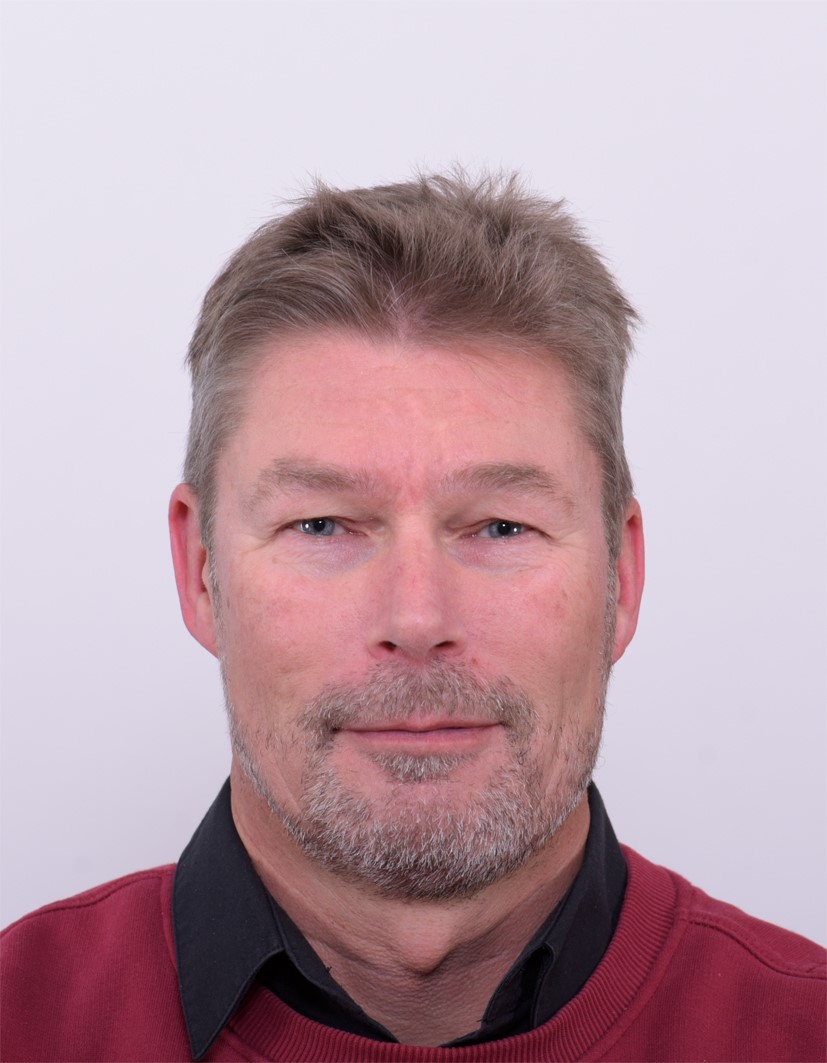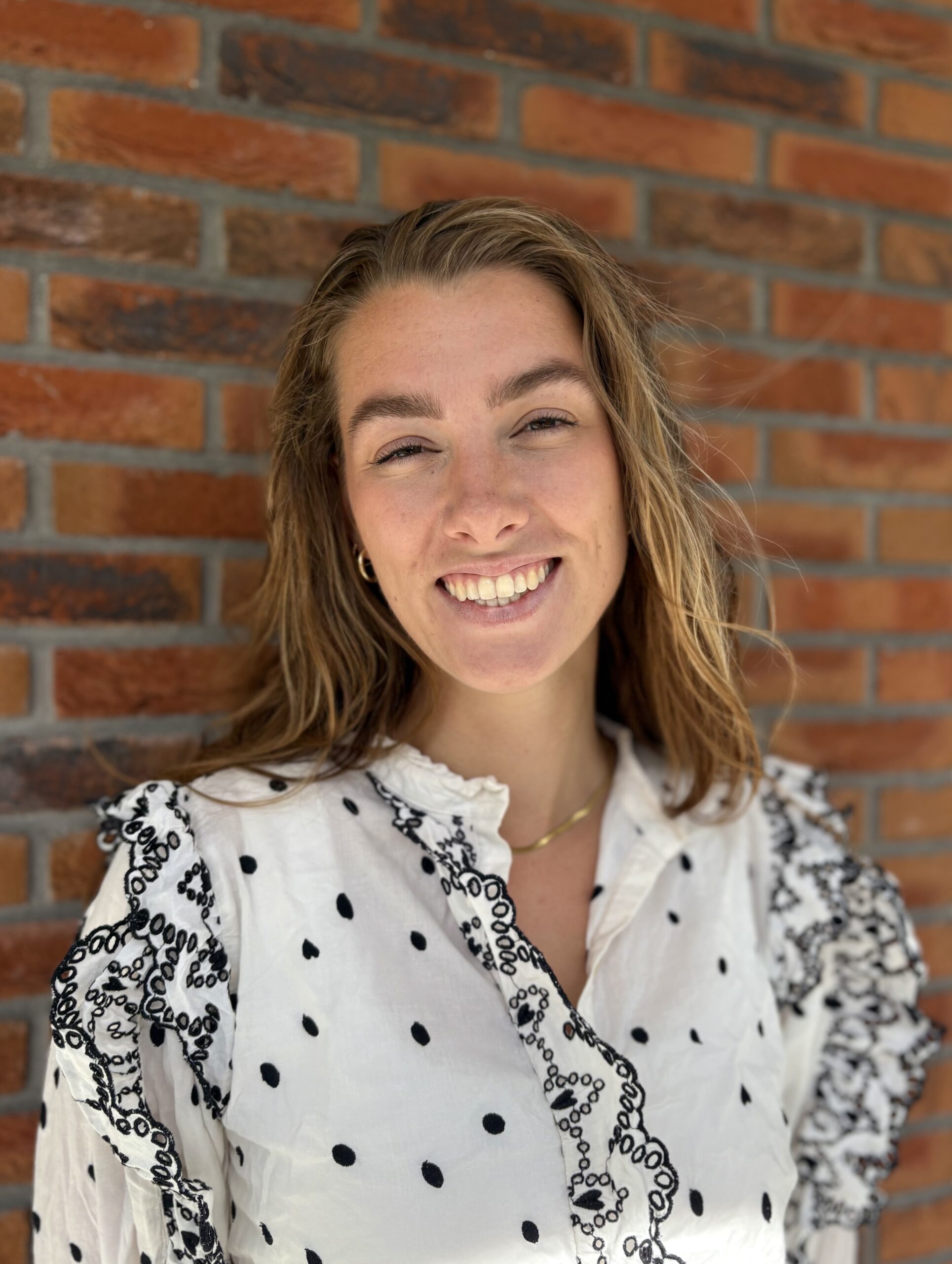
Maarten van Bezouw
Assistant professor
• Precarious work
• Social identity management
• Political psychology

Veerle Brenninkmeijer
Associate professor
• Young workers
• Fear/joy of missing out
• Job and organizational crafting

Tom Damen
Assistant professor
• Effective leadership
• Emotional intelligence
• Social identity leadership

Catharine Evers
Associate professor
• Emotion regulation
• Self-regulation
• Health behavior and burnout

Ya-Nan Fu
PhD candidate
•Leadership

Richta IJntema
Assistant professor
• Resilience
• Educational innovation
• Intervision

Jan de Jonge
Visiting professor
• Chronic Health conditions
• Labour participation and wellbeing • Work adjustments
• Sports psychology

Marloes Lijffijt-de Vogel
PhD candidate
• Chronic health conditions
• Labour participation and wellbeing

Maria Peeters
Associate professor
• Emerging technologies
• Hormonal health
• Sustainable work

Nina Splinter
PhD candidate
• Burnout
• Emotion regulation

Toon Taris
Full professor; Chair of WORKlab.
• Work motivation and performance
• Burnout
• Work addiction

Jan Fekke Ybema
Assistant professor
• Chronic health conditions
• Labour participation and wellbeing
• Work adjustments

Marijn Zeijen
Assistant professor
• Hormonal health
• Work performance and wellbeing
• Digital technology

